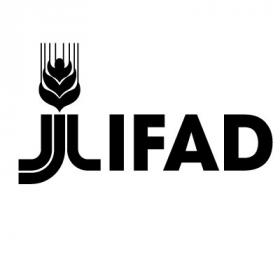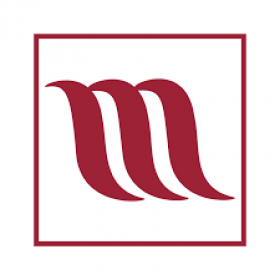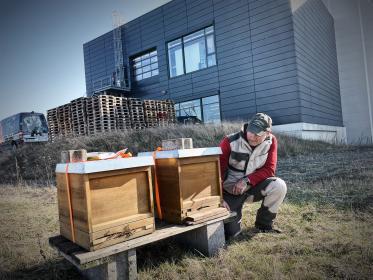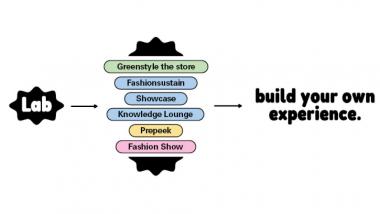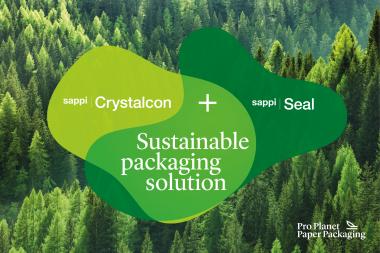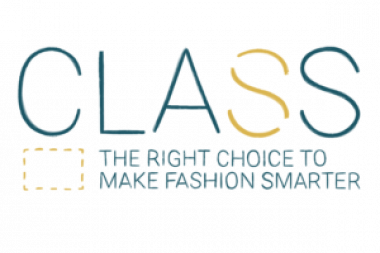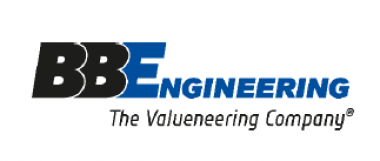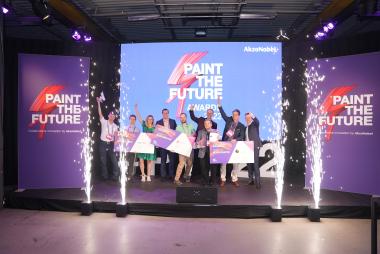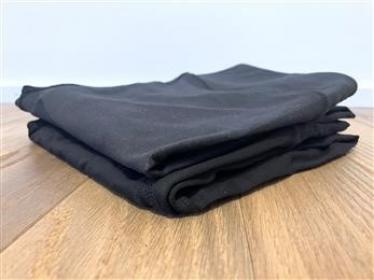I:CO & Mango: Ein zweites Leben für getragene Kleidung
I:CO ist eine Partnerschaft mit dem Modekonzern Mango eingegangen und unterstützt das multinationale Unternehmen beim Sammeln und Wiederverwerten von getragenen Textilien und Schuhen. Die Verträge über die Zusammenarbeit wurden im März unterzeichnet. In ihren Filialen ermöglicht Mango seinen Kunden, gebrauchte Textilien und Schuhe in Sammelboxen abzugeben. I:Cos Muttergesellschaft SOEX wird ihnen künftig helfen, die gesammelten Textilien zu sortieren und weiterzuverarbeiten. Dafür werden die aussortierten Textilien und Schuhe von Mango direkt an das Hauptwerk von SOEX geliefert. Weiterhin tragbare Kleidung erhält so einen neuen Besitzer, nicht mehr tragbare Textilien werden recycelt.
Mit dieser Zusammenarbeit ermöglichen I:CO und SOEX dem multinationalen Modekonzern Mango deutliche Fortschritte im Bereich der Kreislaufwirtschaft. „Wir freuen uns auf die neue Zusammenarbeit mit einem einflussreichen Partner wie Mango. Wir sind uns sicher, dass wir gemeinsam zahlreiche Textilien wiederverwerten und so einen wesentlichen Beitrag zu einer nachhaltigeren Textilindustrie leisten können“, sagt der Soex Geschäftsführer Walter J. Thomsen.
Die Zusammenarbeit der beiden Konzerne umfasst eine Sammlung, die über die Grenzen Deutschlands hinausgeht: Auch in internationalen Mango-Filialen in Polen, Osteuropa, der Schweiz und in der Türkei sammelt I:CO gemeinsam mit Mango Alttextilien und Schuhe. Durch die Zusammenarbeit mit Mango fördert I:CO weitere Möglichkeiten für Verbraucher, Kleidung unkompliziert in die Sammlung zu geben. Denn Umfragen zeigen: 85 Prozent der Deutschen wollen, dass ihre Kleidung weitergetragen wird, fast so viele Menschen nutzen die Altkleidersammlung in Deutschland bereits. International fehlt es in der Altkleidersammlung jedoch oft an einer ausgebauten Infrastruktur und der Sammelbereitschaft der Bevölkerung.
Neben der neugeschlossenen Partnerschaft zwischen SOEX und Mango kooperiert SOEX bereits seit längerer Zeit mit weiteren Modeunternehmen wie H&M, um diese bei der Altkleidersammlung in ihren Filialen zu unterstützten und leistet damit einen wichtigen Beitrag, um die Kreislaufwirtschaft in der Branche zu fördern.





